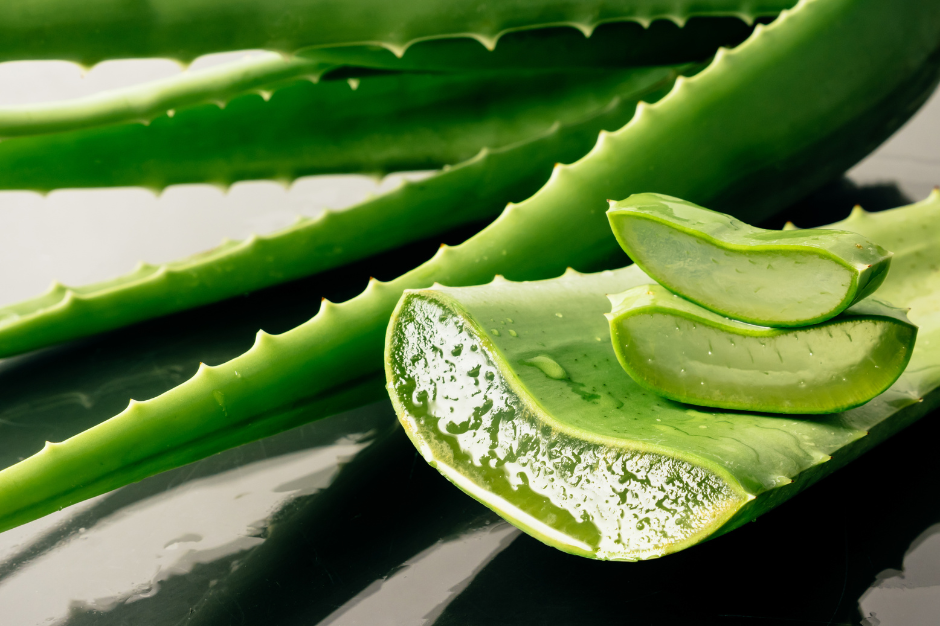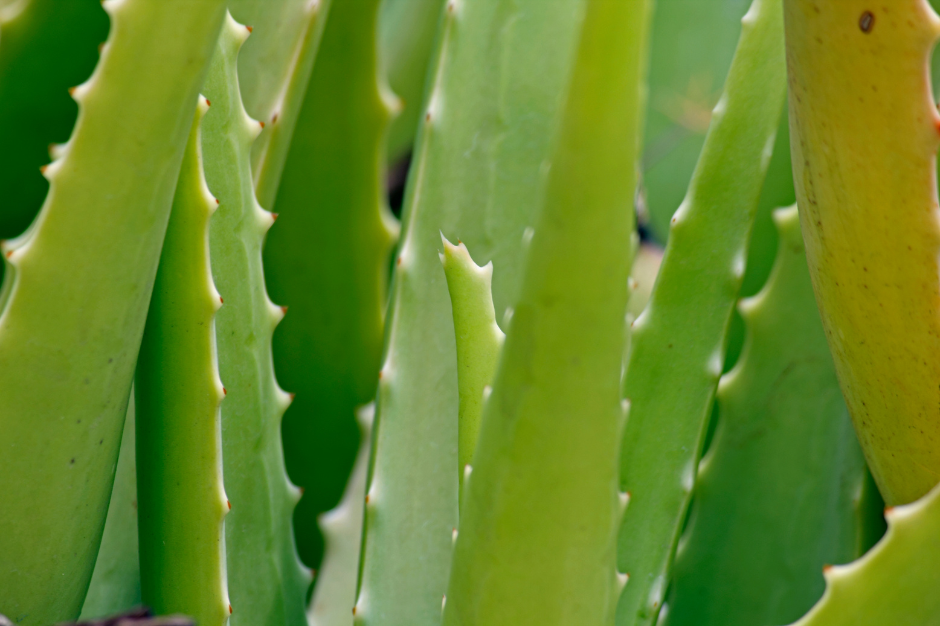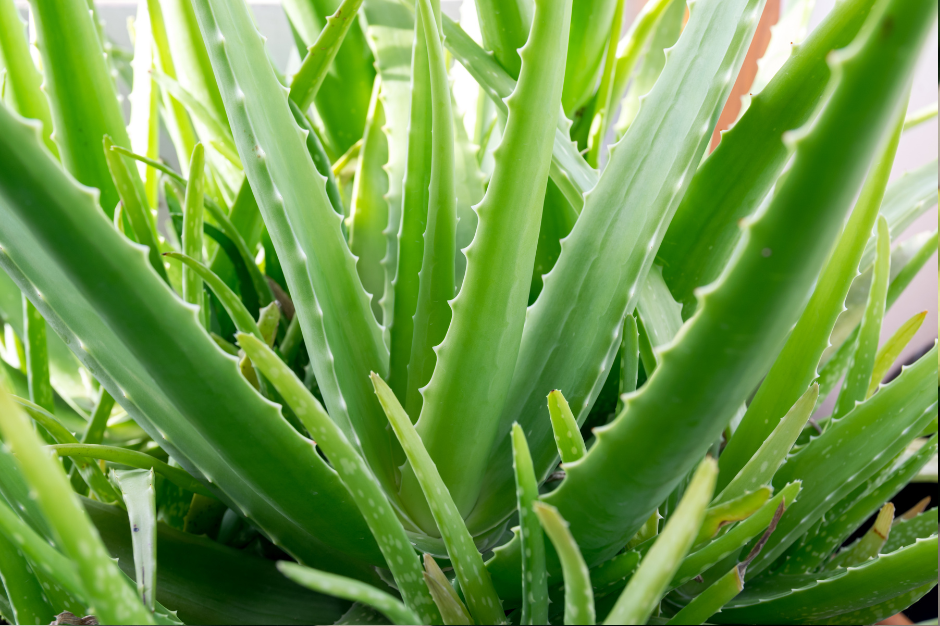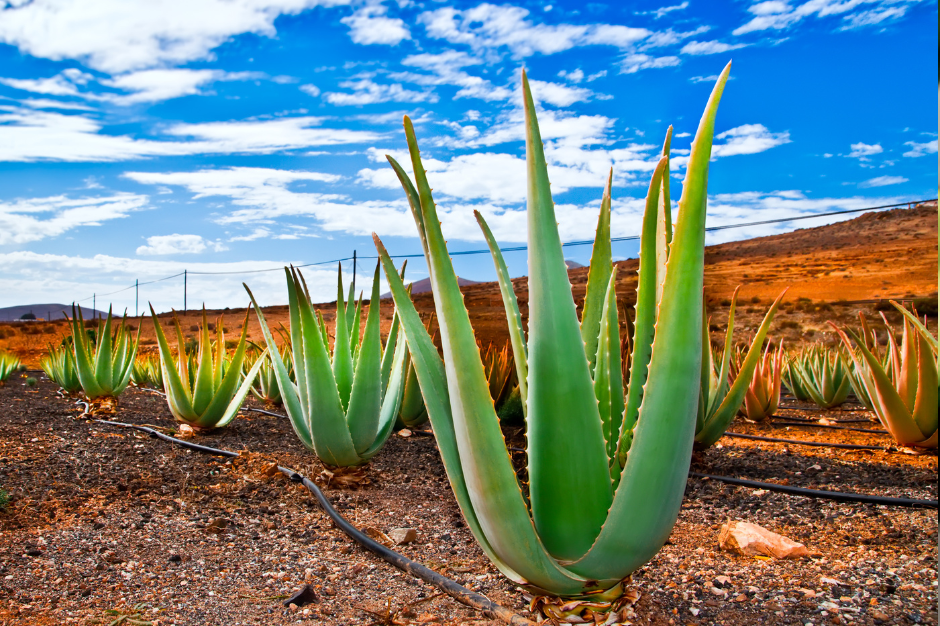Overview
Aloe Vera is a rich source of naturally-occurring nutritional substances. These components include twenty amino acids, eight enzymes, nine minerals, plant sterols, monosaccharides and polysaccharides, antioxidants, vitamins A, C, E, B complex, glycoproteins and other substances. Aloe Vera is a virtual gold mine of health-supporting phytonutrients.
Some have described the interaction of these components as similar to the synergistic workings of the instruments in an orchestra, working together for grand results.
The aloe plant is subtropical and requires a great deal of water. Most of this water is stored in a gel-like substance, referred to as “aloe gel,” within the leaves.
This gel carries the numerous water-soluble nutrients and other components throughout the plant. Think of it as the blood of the human body carrying nutrients throughout.




